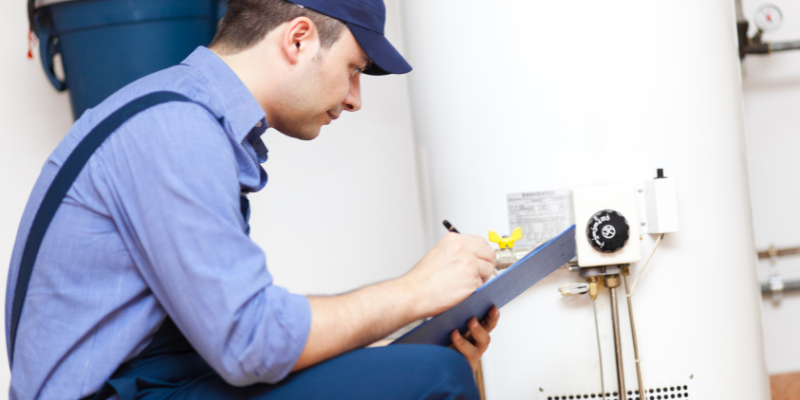
Optimize Your Water Heater
November 3, 2023
Your hot water heater is one of the appliance in your home that most consistently uses natural gas. Whenever you enjoy a hot shower or wash your hands with warm water, it needs to use energy to make that heat happen. The US Department of Energy estimates that water heaters account for 18% of an average home’s energy usage. Here are a few ways that you can make sure you’re not using more energy – and money – than you need to with yours.
- Use less hot water. Whether it’s taking shorter showers, turning off the faucet while adding soap to your hands, or choosing to wash your clothes with cold water, sometimes the simplest approach can make a big difference.
- Turn down the thermostat on your water heater. Did you know that your water heater has a thermostat like your house? Making sure that it’s not turned up higher than it needs to be can add up over the course of a year.
- Insulate your water heater and pipes. Just like insulating your house can save you energy and money, the same principle applies with your water heater. Heat naturally escapes along the way as your warm water travels through the pipes in your home, which is wasted energy. Insulating your pipes means less of that heat is lost along the way – which means warmer water comes to you faster, and your water heater is more efficient.
- Fix any leaks. If you have a leak that drips only once per second, that’s 60 drips per minute. If left unchecked, that would be over 3,000 gallons per year. That’s a lot of waste!
- Buy a more efficient model of water heater. When it’s time to replace your water heater, pay attention to the Energy Factor, or EF rating. Going with a model that has higher efficiency can make a noticeable difference to your energy usage – and your utility bills.
With just a few minor adjustments to how you heat your water, you could see major savings and make a difference in your carbon footprint.